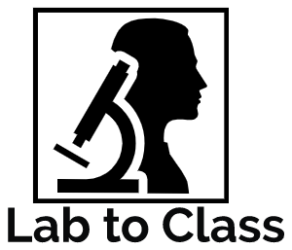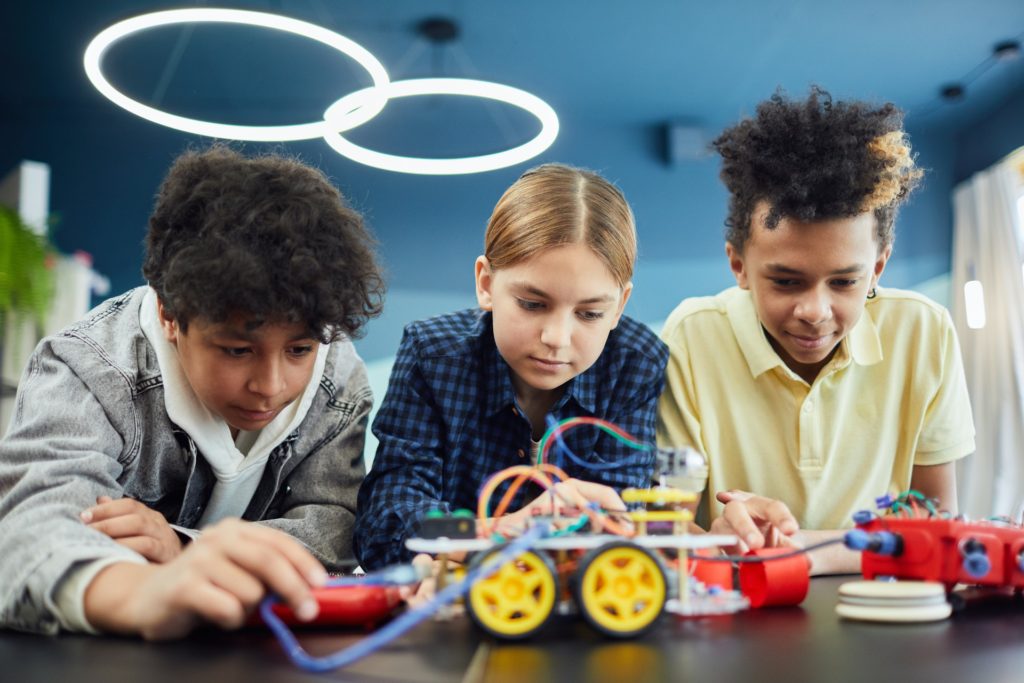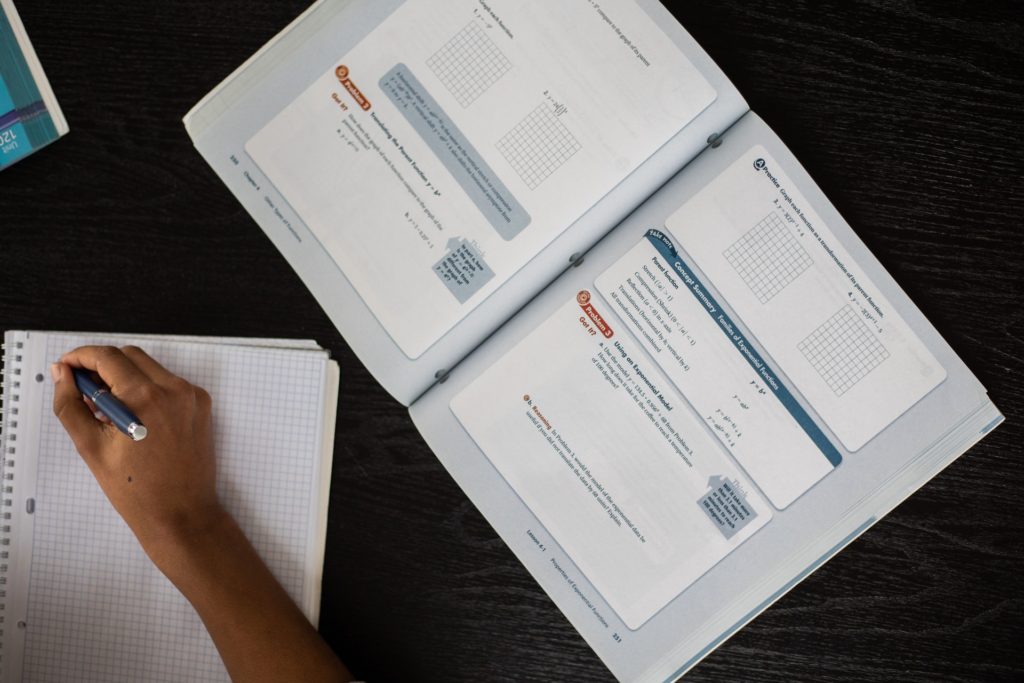Table of Contents
One of the most effective ways teachers can work to develop themselves professionally is by reading books on neuroscience, psychology and teaching practice. This article will cover 5 of the best books every teacher should read, break down why they are useful and how teachers can approach them best.
Rather than simply reading these books alone, research shows that the best practice is to read the books together with colleagues and have regular discussions and lesson study sessions based on ideas from the book. This approach is far more effective because it allows for discussion of the content from the book in the context of their school and curriculum.
Research shows that well designed professional development time can improve students grades by as much as 21 percentage points. So rather than professional development being for the teachers, it is really done for the students. So pick a book from the list below and schedule some time to get together with your colleagues and discuss lesson plans after reading.
5 Best Books for Teachers
The End of Average by Todd Rose
The End of Average by Todd Rose is an absolute must read for every teacher over the Summer before their first year teaching. It does a beautiful job of explaining how trying to design lessons for the abstract “average” student actually makes a lesson that works for no one. Instead, teachers must design lessons that are able to be easily adjusted for all students to fit their needs, passions, and aspirations.
Teachers can include this book in conjunction with a discussion on Differentiation vs Universal Design for Learning. Special attention should be paid to the example of the military cockpits used in the book. How can lessons be universally designed and not designed for the “average” student? Lessons need to include elements of choice, adjustable aspects, and multiple failsafes to be able to be a perfect fit for all students. This is definitely one of the books every teacher should read before day one of class.
Rewiring Education by John D. Couch
Rewiring Education by John D. Couch is a fascinating look at education from a very nontraditional point of view: The Tech Sector. The book is a mixture of the history of the development of Apple and their various educational programs that have been tried over the years. It also covers in detail why technology is so much more able to captivate young people and explains how education can use these principles in schools as well.
Because of the novel perspective from a business, the food for thought is rich for teacher discussion. Teachers should pay special note of the various tech integrations suggested by the author, but also the importance placed on intrinsic motivation. Teachers can use this book to help build more independent learners captivated by learning rather than dreading it like a 9-5 job.
Fact vs. Fiction by Jennifer LaGarde and Darren Hudgins
Fact vs. Fiction by Jennifer LaGarde and Darren Hudgins details how teachers need to help students discern quality information not only in traditional books and texts, but also in the devices they carry in the pockets all day, every day. While this book might initially seem to be for Language and Literature courses, teachers of all subjects need to be teaching their students how to independently verify information they come across online regardless of the topic.
Teachers can use this book to discuss ways to design new projects that test students in practical ways and prepare them for the modern world. Teachers often rely on essays to show student learning, but this book, along with this guide discuss ways that teachers can move beyond simple five paragraph essays and include activities that will clearly show students understanding, but also be practical, engaging, and even fun.
Behave by Robert Sapolsky
Behave by Robert Sapolsky may seem like an odd choice for a must-read for teachers as its target audience is not teachers. However, this book includes important fundamentals of psychology in a very clear and relevant way for teachers.
Teachers should read this book and follow up with discussions about real students and the struggles they are currently facing. In addition to this, teachers can use the ideas from the book to build programs and activities to develop students’ self awareness and metacognitive thinking so that they can have better mental health.
The Willpower Instinct by Kelly McGonigal
The Willpower Instinct by Kelly McGonigal is another book that is not designed specifically for teachers, but is eminently useful for them. Motivation is one of the most difficult things to develop and inspire in our students, but with the principles from this book, not only can teachers learn about how to keep themselves motivated, but they can pass on this learning to their students.
This book is perfect to discuss with active practice of the strategies in the teachers lives. The teachers can share their success or struggles with various strategies from the book and design effective programs to get kids thinking about their own motivation as well.
How to Effectively Include Books in Professional Development
While professional development can sometimes feel like a chore, adding in great books can make it a lot more enjoyable. Simply spending some time reading together and discussing books in the context of actual lesson plans can make a huge difference in how much students learn.
Research done earlier this year found that the most effective professional development is done face to face with other teachers discussing and trying out ideas in the context of lesson plans rather than abstract theory. The research showed that PD sessions used during practical lesson study and discussion with other teachers are far more likely to make a difference in the classroom than discussions only based on theory.
So while these are the best books that every teacher should read, they should not just read, but apply what they learn to make the biggest difference. This along with getting the perspectives and ideas of colleagues on the readings will add so much more value than simply reading a book alone.
Conclusion
There are a wide variety of books that every teacher should read. In addition to reading books on teaching itself, teachers should ensure they read books on basic psychology and neuroscience so that they have a strong foundation and understand the underpinning reasons for the best practices discussed in teaching books.
While books can be interesting and entertaining on their own, research suggests that the best books should really be incorporated into mindful lesson planning to be truly effective for students. Discussing ideas from books on teaching gives teachers a chance to consider new ideas in their specific context rather than simply in an abstract manner.
Want more like this? Make Lab to Class a part of your weekly professional development schedule by subscribing to updates below.
References
Popova, Anna, et al. “Teacher Professional Development around the World: The Gap between Evidence and Practice.” The World Bank Research Observer, vol. 37, no. 1, 2021, pp. 107–136., https://doi.org/10.1093/wbro/lkab006.
Yoong, Kwang Suk, et al. “Rel Southwest.” Institute of Education Sciences (IES) Home Page, a Part of the U.S. Department of Education, Regional Educational Laboratory Program (REL), https://ies.ed.gov/ncee/edlabs/regions/southwest/default.aspx.



